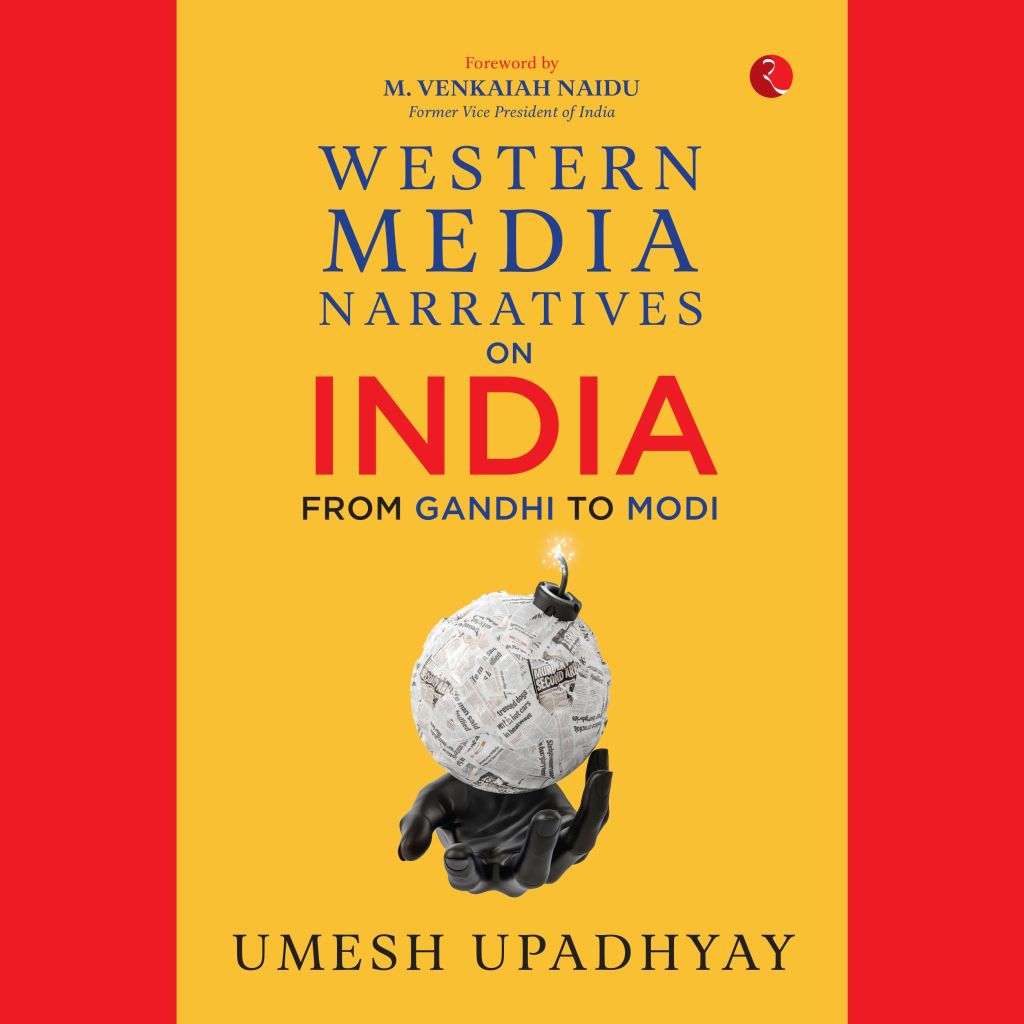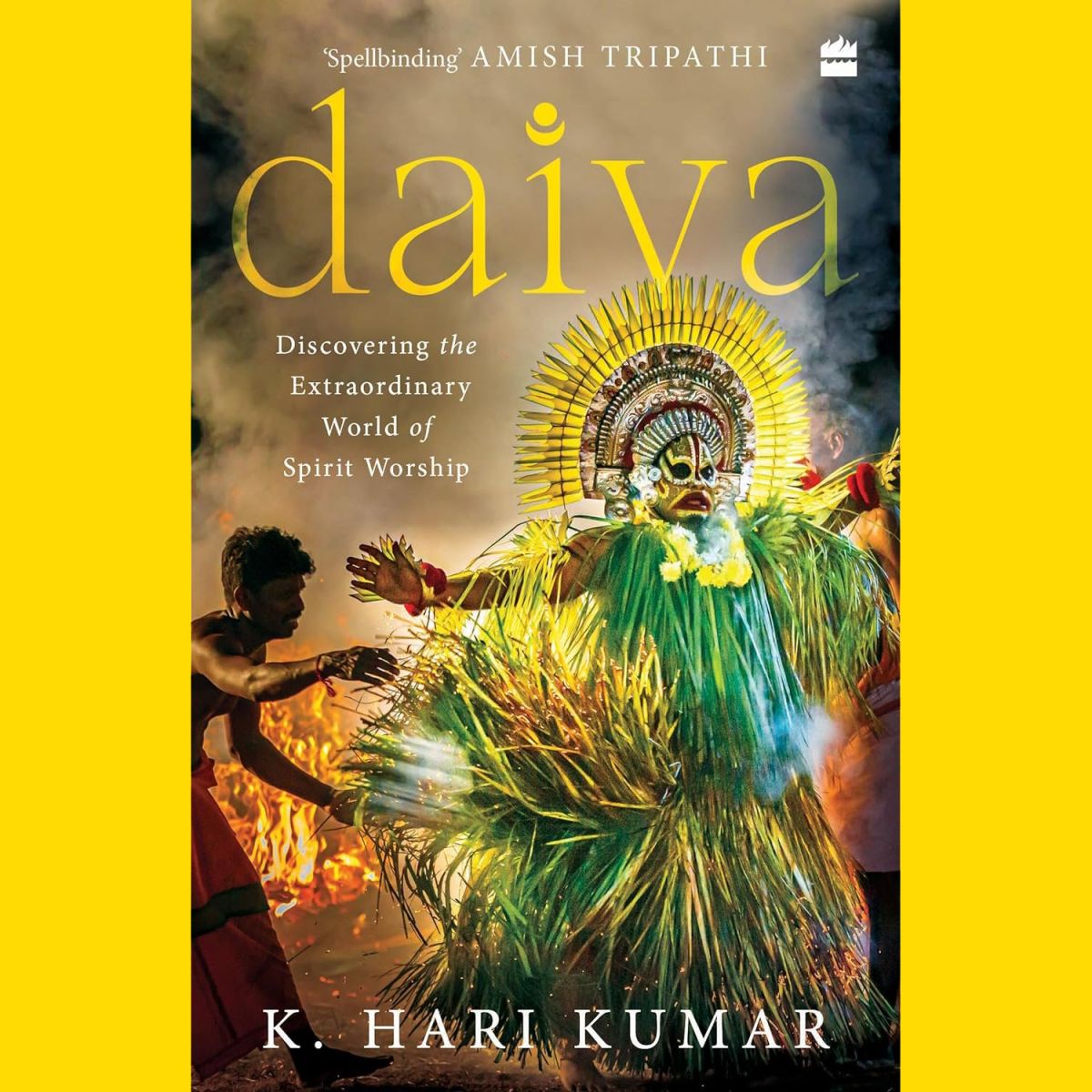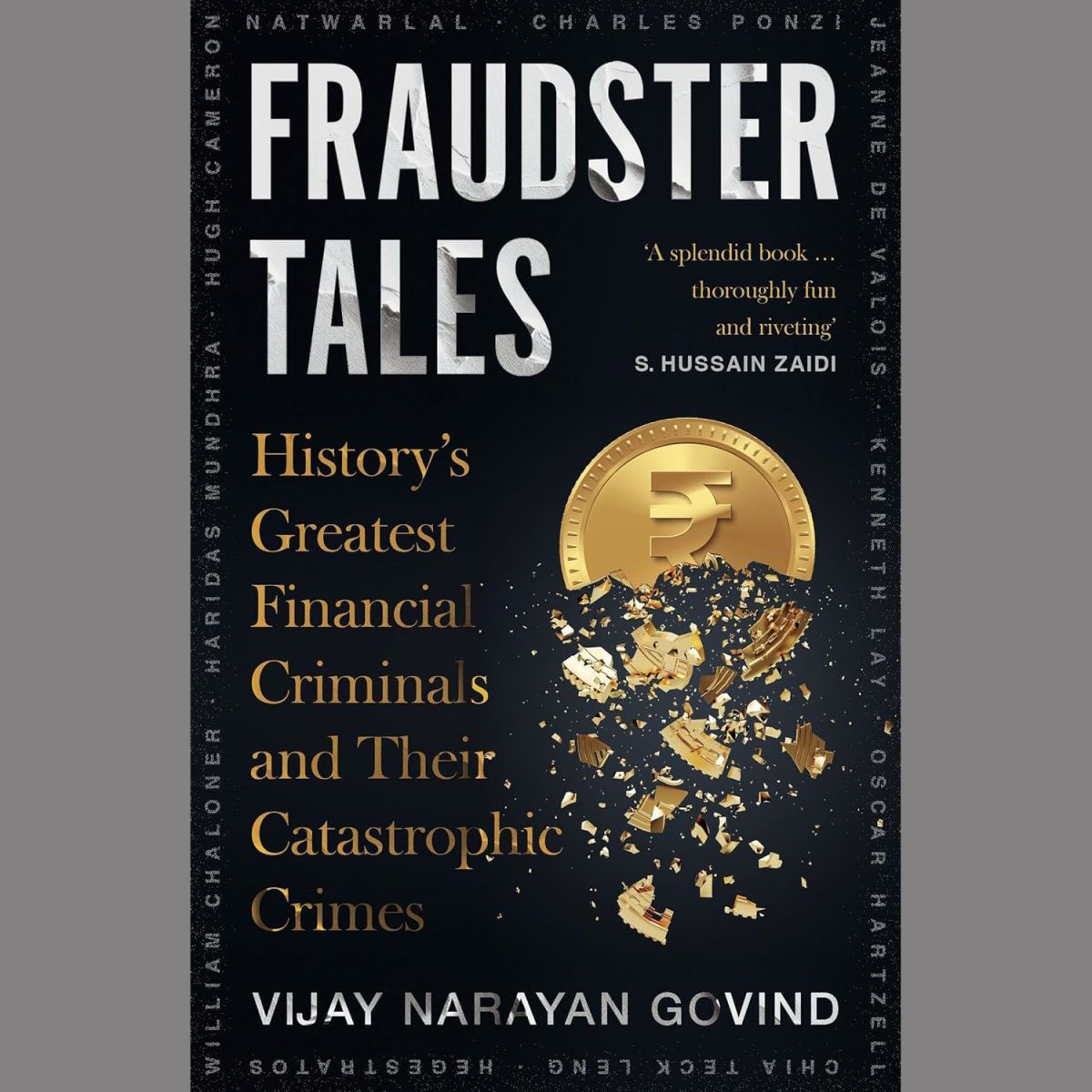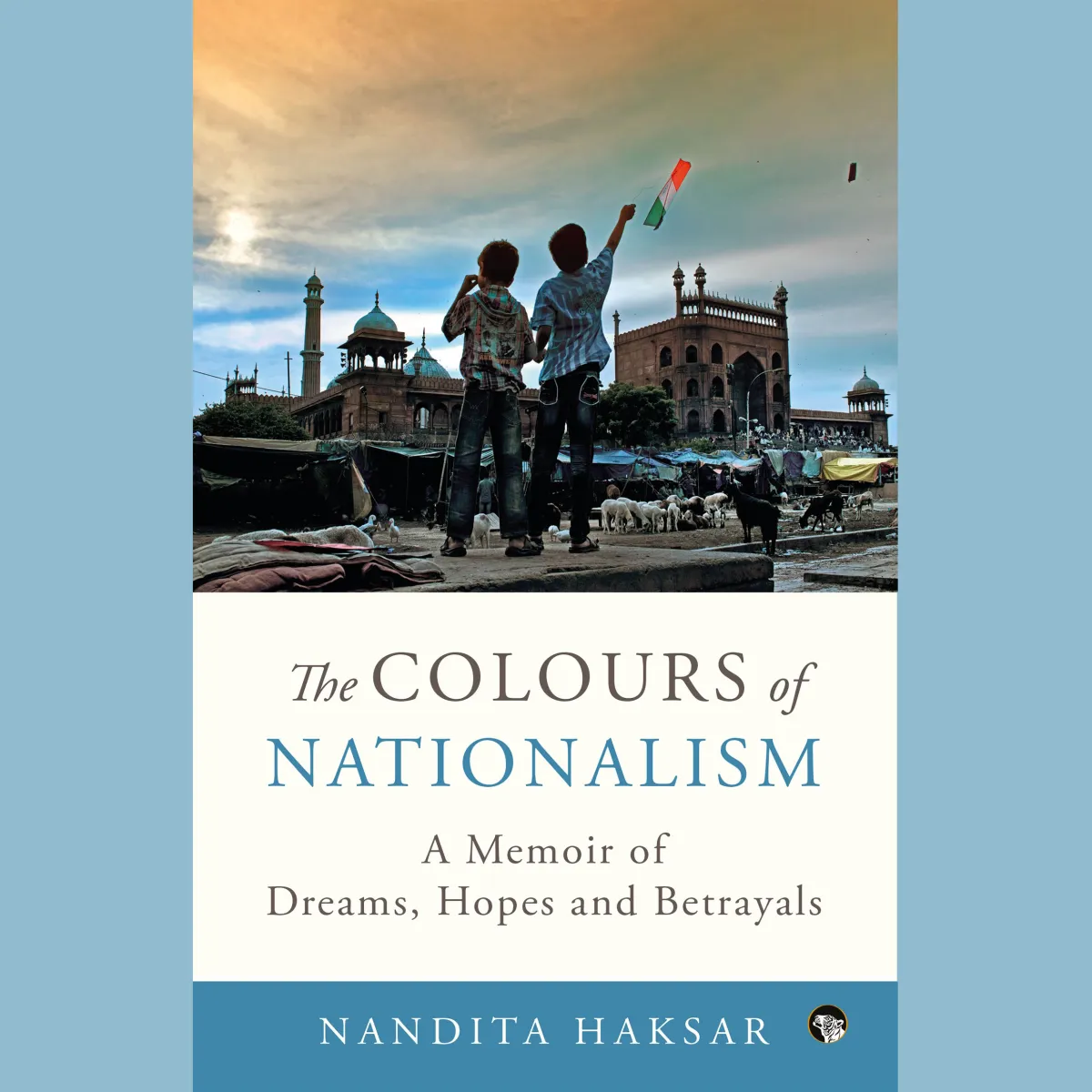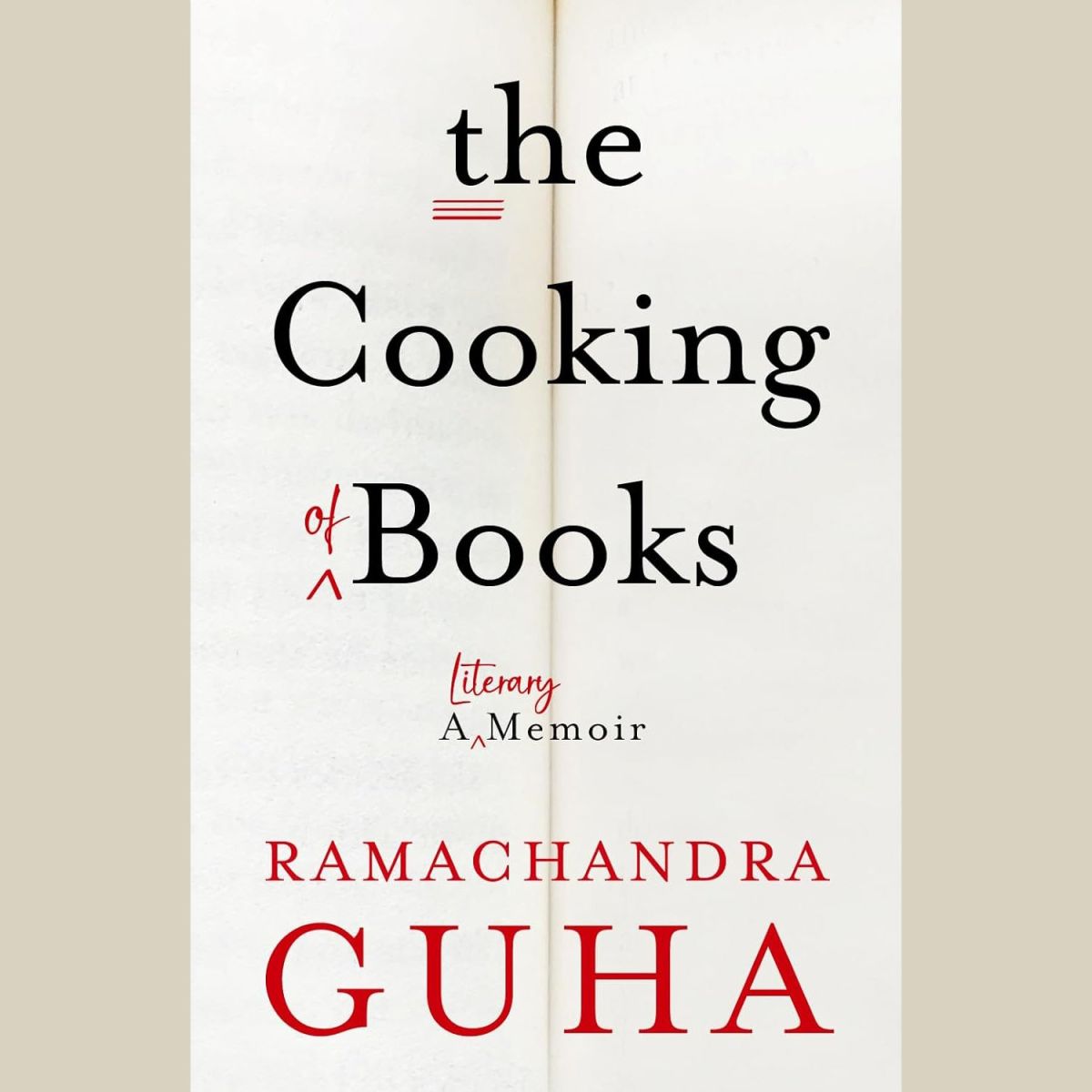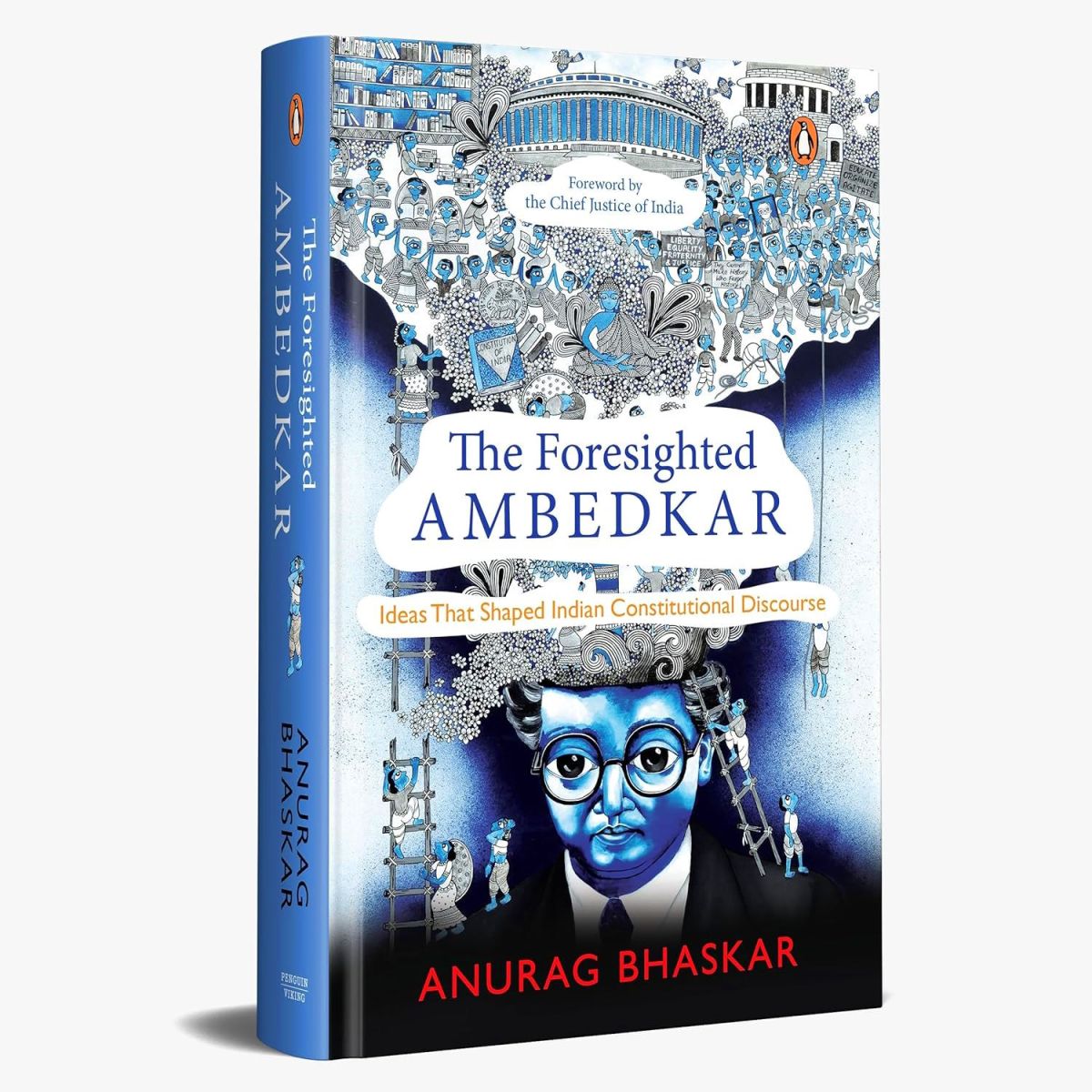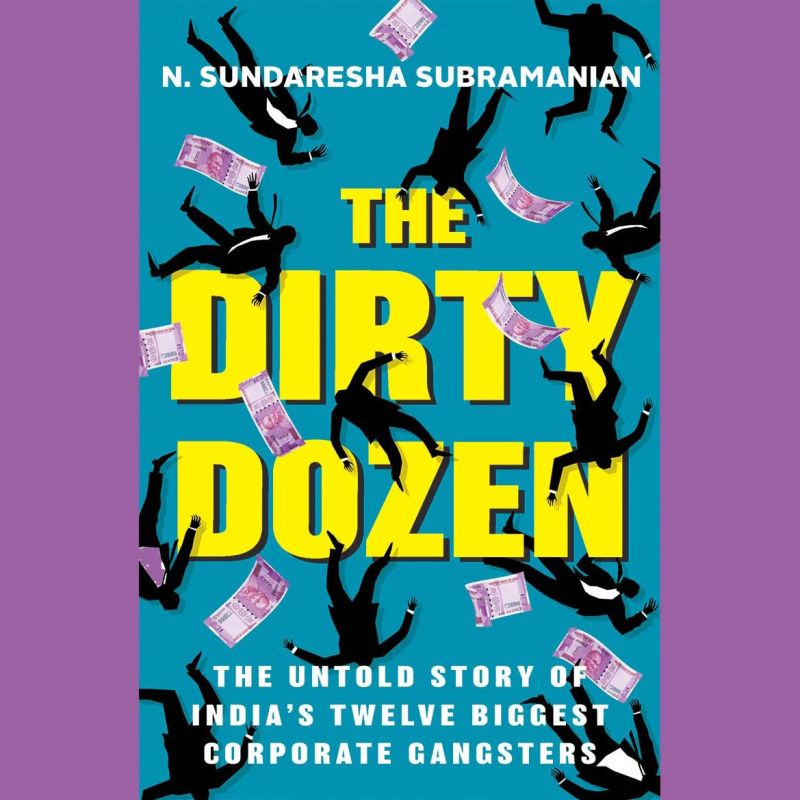Coming from Rupa Publications, Western Media Narratives on India: From Gandhi to Modi explores how cultural imperialism influences the Third-World nations. ‘Media in the hands of the former colonizers that wish to maintain their sway has become a tool to dictate people’s thoughts. Focussed on India, this narrative spans from the nation’s independence in 1947 to the present day, scrutinizing the relentless targeting of Indian leadership by the dominant Western English media. With time, these attacks have intensified, particularly on a resurgent India,’ says the publisher’s note.
‘In this book, the media’s role during crises emerges as a central theme, with a spotlight on Covid-19. The Western media crafted a narrative portraying India’s response to the disaster as chaotic, forecasting a staggering death toll reminiscent of the Spanish Flu of 1918. The Western media’s approach to India shows how the English press continues to perpetuate the West’s long-held prejudices against India. Drawing heavily from history, the book critically analyses and unravels the origins and causes of this bias. While rooted in the Indian experience, the lessons derived hold universal relevance for any nation grappling with the shadows of colonization,’ it adds. The book has been written by Umesh Upadhyay, a JNU, DU and FTII alumnus who is a veteran journalist and communicator. He has worked with, among others, the Press Trust of India, All India Radio, Doordarshan, Network 18 and Zee News.
We found Western Media Narratives on India a particularly interesting book and had an opportunity to do an interview with the author, Umesh Upadhyay. Here are some excerpts from the conversation.
BooksFirst: Please give us some background regarding Western Media Narratives on India – how did the idea of writing this book come about?
Umesh Upadhyay: This is a book that perhaps has been developing like a living organism through my life. In particular, my first visit to Canada as a youth and my time in studying International Relations in JNU were occasions which seriously made me delve deeper to see how the world and in particular, the Western Media looks at India. Later, I noticed glaring overreaches by the western media throughout my career as a journalist. What completely flipped me was the way western media outfits reported about Covid 19 in India. The double standards employed to treat Indians by the British government during the Covid period baffled me. So was the coverage of pandemic in India by the likes of BBC, NYT, The Guardian etc. It was a clear case of undermining India and Indians. Once I started researching afresh, many old observations and sources came streaming by and cascaded in the form of a book which you now hold in your hands.
You say that the Western media has a long-held prejudicial view that India was/is chaotic, poor, unorganized, unhygienic and ungovernable, and that its administrative system was incapable of managing itself. What, in your view, is the core reason for this belief, and why has this belief remained unchanged over the decades? Does ‘white supremacist’ thinking have anything to do with this?
Over decades and centuries, habits and patterns of behaviour concretise. Britain and then the US have controlled the world for a long time. Imperial interests, balance of power and geopolitics governs the political-economic hegemonic policies of the western governments. Western media follows suit. It is clearly a battle for hegemony of the world, bilateral and multilateral relationships between nations, key resources, scientific progress and information. ‘White supremacist’ thinking is a belief in the mind of some. It is a non-scientific, illogical belief but if you happen to be holding the reins of power for long, you can start believing that you are God-sent while others are ‘children of a lesser God’. Why else would the Boston Herald and NYT talk about Hinduism in a derogatory sense? I have mentioned this in my book. Recent developments in the developing world and India in particular are enough to puncture this gas balloon and it is fast losing steam. A refusal to look the reality in the eye can also lead to bad reporting by the western media.
In the four decades or so that you’ve been observing Western media, have you observed any significant changes at all, in their attitudes towards India? Do you believe that Indian news agencies and mainstream Indian media (perhaps with a little help from the Indian government?) can work together to counter the Western media’s negative approach towards India, and push back against their selective reporting?
I believe the narrative by the Western media has remained the same. It is country and civilization specific. These voices become shriller for a strong and assertive leader like the present PM Modi. On the face of it, this may look personality driven. it is deeper. It is about us Indians and about India as a country.
As regards the Indian media, let me say at the outset that as an Indian I am very proud of what the Indian media does today. It is largely independent and has helped Indian democracy to grow, mature and thrive. However, at times some sections of it get swayed by the narrative created by the western press. In such times like the Corona Pandemic, Indian media must function, surely not kow-towing to the government but certainly with ‘India First’ in our minds. Indian media is a soft power that can amalgamate and multiply the force of the nation. I have given an example in the book as to how an article published in a western daily or media house gets republished several times with no attempt to check its veracity. I have given specific examples of how this happened during the Covid period. For example, an American daily published that ‘Gandhi too had suffered with Spanish flu’ back in his days. It was not true at all and yet other publications in the US, West Asia and India took it as gospel truth. Some western dailies were fear mongering about Covid. One can understand their motives, but why should Indian media houses let them not only set the agenda but also follow suit in multiplying their impact, especially when the fear mongering was not in the interests of India? Sometimes, it is lazy journalism, or a few perhaps consider the western model journalism to be that of gold standard and a few may have other motives. But this is the test of a good journalist – he or she prefers to land up on the ground and see and report things as they are or in another case, goes to the primary sources to research and sift the truth from half-truths and complete lies and propaganda.
Western media’s attitude towards India was hardened when India decided to be Non-Aligned. NAM countries for historical reasons were closer to the Soviet Union than NATO. After the collapse of the Communist Regime in Russia When India became close to the US, there was a thaw. However, an independent, powerful and assertive India is not liked by the West. The West tactically uses its media to browbeat India. It is the dance of international power struggle and western media dances to the music played by the powers that be in the west.
Another way to gain leverage on developing nations like India is to bring out reports on democracy, malnutrition, poverty and other issues to shame a nation into submission. Interestingly, the closer a nation is to the national elections, more in number and shriller are the messages. The intellectual elite which may be small in numbers but disproportionately powerful in creating influence, echo the narrative and the western media amplifies the message.
I believe as India becomes stronger and tries to assert its identity these attacks will increase manifold. However, as a proud civilization we need to reclaim our rightful place in the comity of nations and not get unduly unnerved by the likely cacophony by the Western ecosystem including its media. I am sure the present leadership of India under Modi is capable of withstanding this impending challenge.
In recent years, it has been more convenient than ever before for the Western media to latch on to the narrative of Hindutva and the so-called rise of Hindu nationalism, fabricating stories in this context to show India in poor light. This is in addition to targeting India’s achievements in every sphere imaginable (science, technology, industry & business etc.), running down our successes and playing up the smallest of misses. How, in your view, can India and China work together to create an effective new world information order, and turn the tables on bigoted Western media that only seeks to serve the interests of the Anglo-Saxon hemisphere?
It is an example of name calling by the Western Ecosystem. When do you require name calling? When some brand is doing well and you wish it to bring it down fast. The idea is to make the name calling look natural to the country for which you are using it but which holds an instant negative connotation in your own country. Like calling Mr Narendra Modi’s party, a ‘Hindu Nationalist Party’. Some Indians may innocently say – isn’t it true, while it is, in ‘middle America’ where it is read in vertically the opposite view.
Regarding India and China, one must understand that the moment communist China gives up its assumed, self-proclaimed and irrational territorial claims in India, there will be little to fight for. The present leadership of the Communist China is in too much of a hurry to declare itself a ‘Super Power’. It has claims of territory and other disputes with almost all its neighbours. It wants to use its economic might to browbeat its Asian neighbours. This policy is not sustainable. However, countries like India and China are too big, too powerful and too multifaceted to stay with one single alliance. But the onus of creating an atmosphere of trust mostly lies with China. Also, while India remains an ally of the US and Israel, of late India found out that staying close to Russia can also bring dividends. Ultimately, India should do what is in her best interest. And Indian media must also weigh any issue on the basis of whether it is good for India or not.
Coming to books, please tell us a bit about your own reading interests. What kind of books do you like to read? Any favourite genre? Favourite authors? Would you like to tell us about the three most memorable books you’ve read in the last 12 months? Any books that are on your must-reads list for 2024?
Being a journalist and a communicator, my interests are diverse. I love to read all kinds of articles and books. But I do sway towards literature especially in Hindi, like stories of Munshi Premchand, Rashmirathi by Dinakar and also towards spiritualism where I prefer to read and study Ram Charit Manas by Goswami Tulsi Das and his other creations like Kavitavali and Vinay Patrika. I find Kabir Das fascinating. I also love to read and monitor global, national and regional dailies to understand how they are placed in a global ecosystem.
In the last 12 months, I have read many primary sources for my book and I would like to strongly recommend some iconic names like Anthony Smith’s Geo-Politics of Information, Samuel Huntington’s Clash of Civilisations. For 2024, Yuval Noah Harari’s 21 Lessons for the 21st Century.
With the publisher’s permission, here is an excerpt from Western Media Narratives on India: From Gandhi to Modi
In the early morning of 5 November 1971 in Washington, D.C., a very short, nine-minute private meeting was convened to prepare for a summit later in the day. One of the participants in the summit was to be the visiting Indian PM Indira Gandhi. In the preparatory meeting, then US President Richard Nixon, his assistant for national security affairs Henry Kissinger and the President’s assistant H.R. Haldeman were present. It started with President Nixon calling PM Indira a b***h and Kissinger chipping in, saying, ‘Well, the Indians are b******s anyway.’
This official conversation was declassified on 28 June 2005 when the US Bureau of Public Affairs issued a formal press release. In journalism, it is a common practice to file stories immediately when any such information becomes public. In this case, the information did not arise from hearsay but came from the official accounts of the US government. Hence, there was no concern about the veracity of the information. There should have been an instant public condemnation by the media of such an inept behaviour. However, no such news report was released. I do not believe that the media can use the argument of being too busy to check its information. Not commenting on these slurs almost amount to endorsement of such an intemperate language.
It seemed that the media was looking for an angle so that it could give an escape route to the former US president and his team for their foul language against a country and its PM. The Western media waited for Kissinger’s conditional apology to publish the news item. A rather forced and conditional apology came from him on 2 July 2005. Only then did the media run headlines such as ‘Kissinger Sorry for Deriding Mrs Gandhi’ (Guardian), ‘Kissinger Regrets 1971 Remarks on India’ (New York Times), ‘Kissinger Apologizes for ’71 Remarks About Indira Gandhi’ (Washington Post), ‘Kissinger Regrets Deriding India’s Leader’ (NBC News), and ‘Kissinger Regrets India Comments’ (BBC News).
All these headlines have one thing in common—they focus on the apology tendered by Kissinger and not on the abuses hurled by the US officials. For the Western media, the act of abusing India was not newsworthy itself. Hence, for these publications, the big news was about Kissinger apologizing and not the foul and filthy language used by the then US president and his aides. These headlines raise serious questions about Western media’s attitude towards India. All the Western media publications mentioned above did not question the US government on this issue. All the reports were based on a secondary source instead of getting their correspondents to cover the story. A local Indian TV channel, NDTV, sought Kissinger’s reaction to such foul language. International agencies picked the news from the channel and others just copied it. In the story, while apologizing for the foul language, Kissinger seemed to be rationalizing its use and said that it had to be seen ‘in the context of the Cold War politics’, with India being a Soviet ally. However, all they seem to have done is reproduce identical reports quoting NDTV. This speaks volumes about their professionalism and ethical standards of these media outfits.
Imagine what would happen if such abuses were hurled against leaders of any of the Western countries by significant figures of a Third-World nation. I believe the Western media would create a hue and cry with reports, articles and editorials. It would describe this as uncivil, uncouth and uncultured behaviour and would demand an unconditional apology. There would be demands to stop all international aid to such a country, and any Third-World leader using such terms would have been named an international outcast and a persona non grata. But when the reverse happened, in this situation with President Nixon and Kissinger, no such thing happened. For them, the insult to a Third-World sovereign nation like India had no value; their bias towards their own government and leaders was quite evident here. The fact remains that the Western media did not react for three full days after declassification of the documents. What should have been a top headline news item was completely ignored and overlooked.
The Western media, including the BBC, has often carried the official agenda of the Western powers. This was the trend even in the early 1970s, when Indira Gandhi’s government had a spat with the UK broadcaster. Prime Minister Indira was so enraged with the BBC’s reporting that she ordered the closure of its offices in India. In fact, PM Indira banned the BBC in India twice during her tenure. The first time the BBC was banned had to do with a mini documentary series directed by Louis Malle called Phantom India. Many, including the GoI, believed that the series painted a biased picture of India. He also directed a documentary called Calcutta, which was criticized by none other than the Oscar-winning filmmaker Satyajit Ray. He questioned Malle’s motivations. Malle’s take on poverty, slums and rituals in the city sparked debates in India. The issue also came up for discussion in Indian Parliament. Calcutta was telecast on 10 June. The GoI took up the matter with Government of UK and the BBC. However, the broadcaster continued weekly screening of the series in July.
The GoI made a statement on the floor of Lok Sabha on 27 August, describing these films as anti-India. The deputy minister for external affairs back then, Surendra Pal Singh, announced, ‘The House is aware that in recent months there has been dissatisfaction and adverse comment in the country, in the press and in the Parliament about BBC TV having shown several films which portray India, its life and culture in a tendentious and distorted manner.’ Prime Minister Indira’s government banned the BBC a second time again during Emergency in 1975.
Western Media Narratives on India: From Gandhi to Modi
Author: Umesh Upadhyay
Publisher: Rupa Publications
Format: Hardcover / Kindle
Number of pages: 184 / NA
Price: Rs 399 / Rs 379
Available on Amazon
Western Media Narratives on India: In Conversation with Umesh Upadhyay
